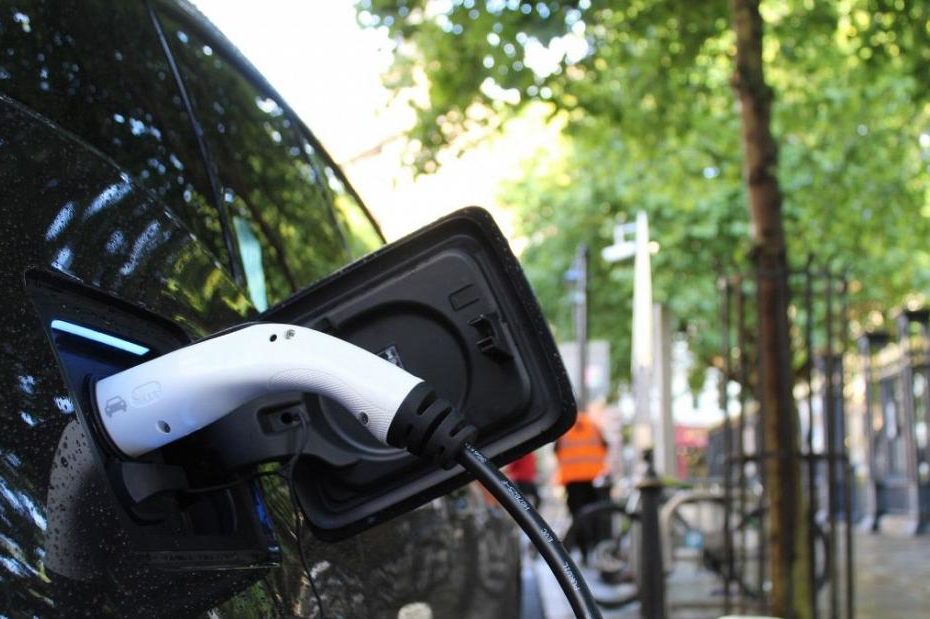Sri Lanka regulatory authorities work on several fronts to electrify its mobility. Several government agencies including the Ministry of Environment, and the Ministry of Transport are working towards making this mission a reality.
Furthermore more a State Ministerial Sub Committee has been appointed to facilitate EV transition under the Presidential Task Force for a Green Economy to provide solutions to climate change. A Cabinet Memorandum has been approved for this purpose.
The government is also focusing on the use of electric-powered, low-floor buses for passenger transport. However, it’s important to know what problems we try addressing by applying an EV transition policy and the outcome of such a policy.
As of late 2023, UNESCAP (United Nations Economic and Social Commission for Asia and the Pacific) in collaboration with the Ministry of Transport is in the process of developing a Policy Framework for EV Transition in Sri Lanka. As of March 2024, the latter is liaising with the president’s secretariat as well in meeting with the objective.
Key Concerns Need Addressing
- Efficient and Productive and Sustainable Mobility
- Deteriorated public transport, ever-increasing private mode share.
- Environmental Pollution / Meeting with the Global Goals (SDG / NDC)
- Fossil fuel import cost, energy transition for both cost and quality.
- Congestion and the cost of congestion
- Not having a scrap policy.
- Mitigating health issues, prevention of NCDs
The government is yet to understand the need for a National Policy covering short to long-term objectives and strategies. Before highlighting the key areas of an EV transition policy let’s look at the preliminaries. You may deep-dive via the links given if you need further analysis of the topics.
National Mobility Policy
Although the energy transition and the EV transformation need to be part of a National Transport Policy this has not been addressed. Several agencies work on different agendas as the country has seen over decades. What’s happening even now is the studies and projects on different sub-sectors, sans a long-term policy framework and a strategy.
The need for a National Transport Policy has been highlighted many times. We went to the extent of proposing an outline of such, indicating the sectors that need covering.
Here are several prior posts on why a National Transport policy and assessing the need of the hour.
As a part of a National Policy, there needs to be a serious consideration on Micromobility as well. Even President Gotabhaya Rajapakshe has outlined the need in his pre-campaign manifestoes.
Vehicle Needs Analysis
The average daily usage of a motor car in Sri Lanka has been reduced to a mere 22 km. Furthermore, it has been said over 80% of local car life has been spent parked according to the studies. Ideally, each new EV that arrives at our shores needs to replace an ICE. We know that we buy cars as a status symbol or for emergencies for several reasons, with no real need for ownership.
A comprehensive need analysis to take place to avoid EVs becoming another national issue. The following link touches on the issue of the national vehicle fleet and the need.
The Economic Issue
Not only the environmental catastrophe, the 1000 Billion rupees annual fuel expenditure could be addressed comprehensively by deploying a strategy and an action plan on EV transition.

This is a fantastic article! Thanks!